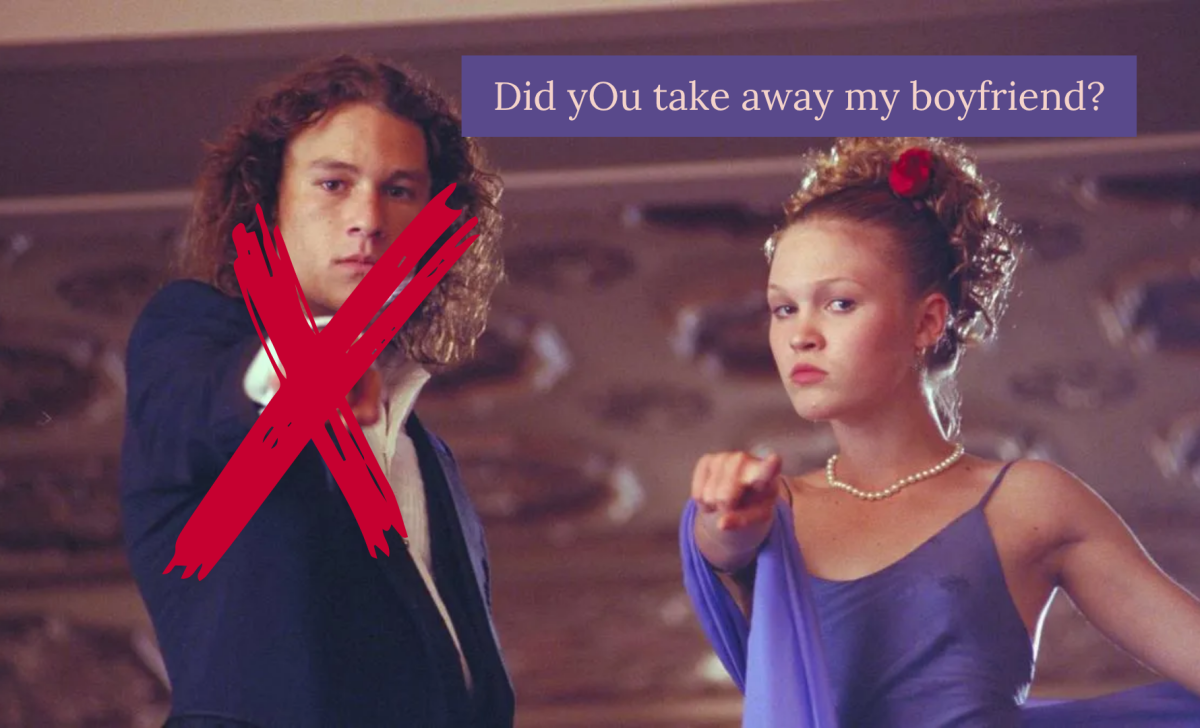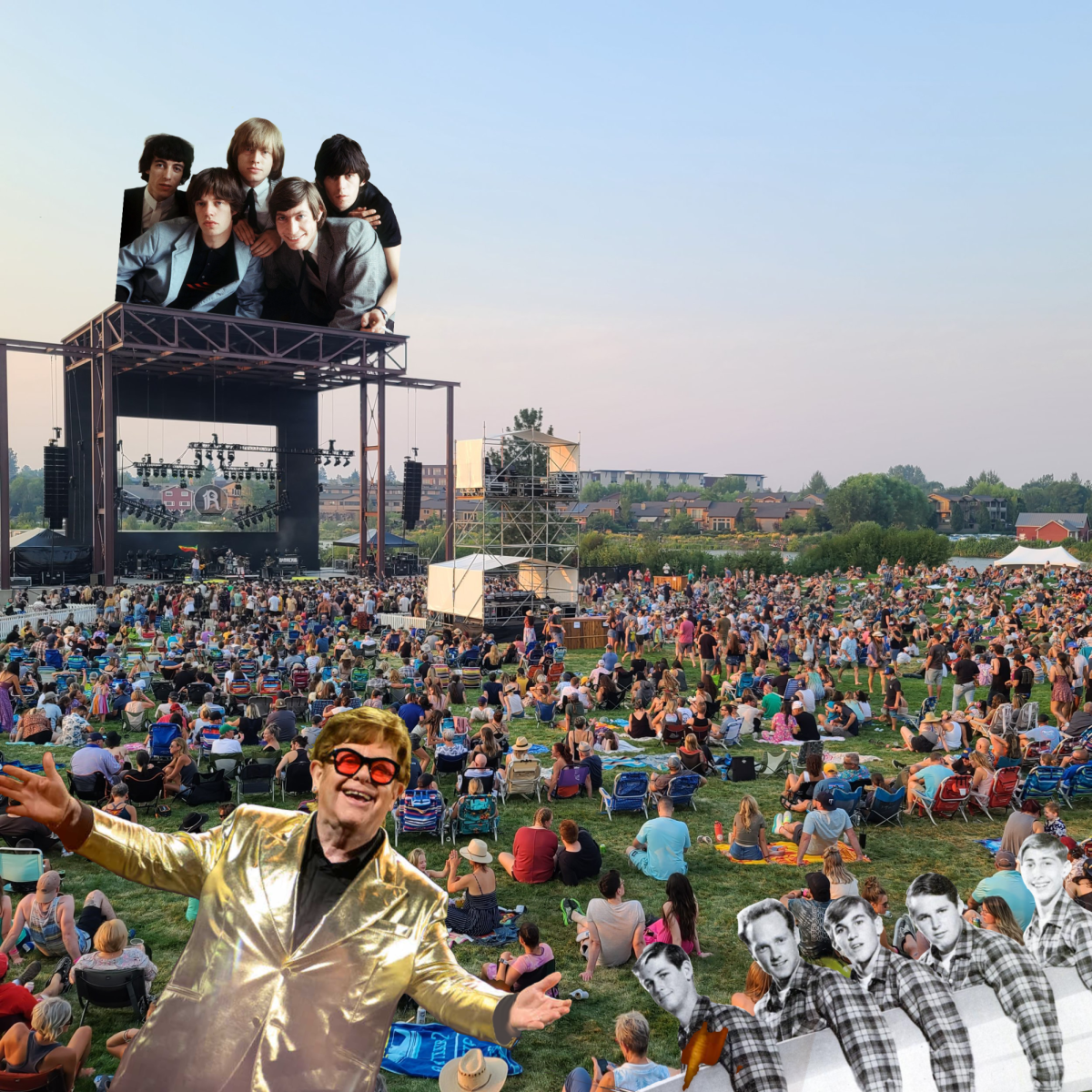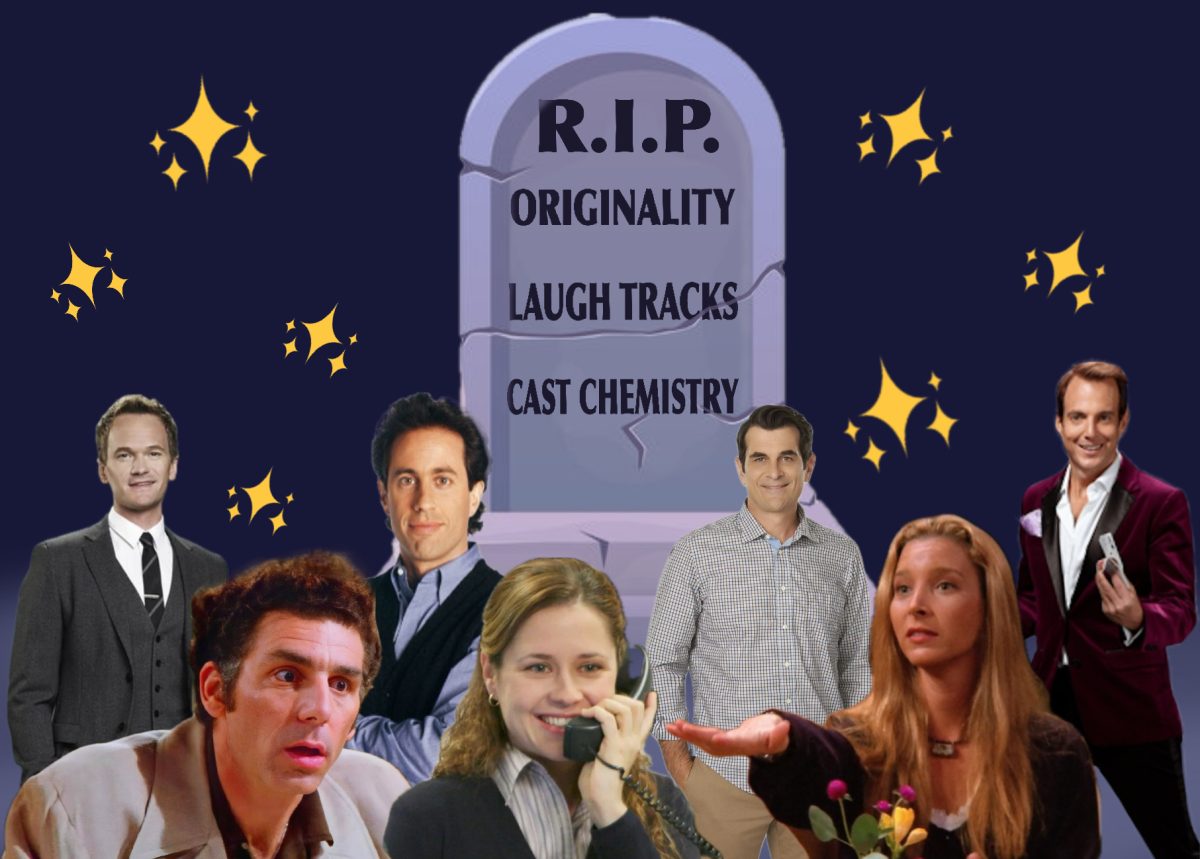You’re checking the lineup for this summer’s concerts at the Hayden Homes Amphitheater when a few names catch your eye. In contrast to the mid-level indie and country acts that usually make their way to Bend, older bands like The Beach Boys, Styx, Foreigner and Yellowcard are making an appearance. In their prime, these were some of the world’s biggest bands, yet they are playing in a smaller-sized venue for much less than they once did.
“Personally, I don’t think musicians should ever retire if they are still loving making music,” said senior Cassidy Rosen, one of the hosts of KPOV’s youth radio hour on musicians retiring. “I think it’s so different than any other job.”
Rosen is correct. As long as a musician still has the creative drive to make music, they absolutely should. The live performance sector, however, is an entirely different ball game.
As of 2021, the only remaining original member touring with The Beach Boys is singer Mike Love, after the other original members either retired or died. Yet, Love still tours under The Beach Boys’ name. Imagine if Ringo Starr decided to tour with a few session musicians as The Beatles. Love is riding his past success until the wheels fall off, which they arguably already have, which begs the question of when is it the right time for a band or artist to retire.
When The Rolling Stones released their 31st studio album, “Hackney Diamonds,” in October of 2023, it received a fairly positive reception. One thing most people weren’t expecting from the group — which features no members under the age of 75, with all but one being original — was a world tour. The Stones themselves, as mentioned before, are all past their physical prime, to say the least. Apparently, their target audience is too, as the tour is sponsored by the American Association of Retired Persons. Having an aging lineup is a surefire way to produce lackluster live performances like those on Mötley Crüe’s vastly derided live shows in recent years. Factoring in the incredibly grueling schedule of a world tour. This intense schedule leads many musicians to embark on a farewell tour.
Whether it’s Elton John’s globetrotting extravaganza arena tour, or the B-52’s Vegas residency, musicians like to take their time to say goodbye. Farewell tours can be very divisive amongst fans when intent is questioned,
“If it’s like genuinely the end of a band I think it’s a cool way to celebrate their career,” said Rosen. “But I feel like some bands use it as a gimmick, which is annoying.”
These gimmick tours are exemplified by rock bands from the 1970s and 80s. Kiss is on farewell tour number three, Mötley Crüe is on farewell tour two, and Ozzy Osborne has had four farewell tours throughout his solo work and Black Sabbath. Though they may start with good intentions, farewell tours tend to become soulless cash grabs devoid of the creativity that endeared their audience to them in the first place.
Once a band has lost or alienated most of its audience, the venues that host their never-ending farewell tours get smaller and smaller. That is how these supposedly well-established bands and artists end up at the Amphitheater over the summer. Playing a venue usually occupied by up-and-coming or niche artists is instead used by a fading star hoping to live out the glory days they let slip away.
































